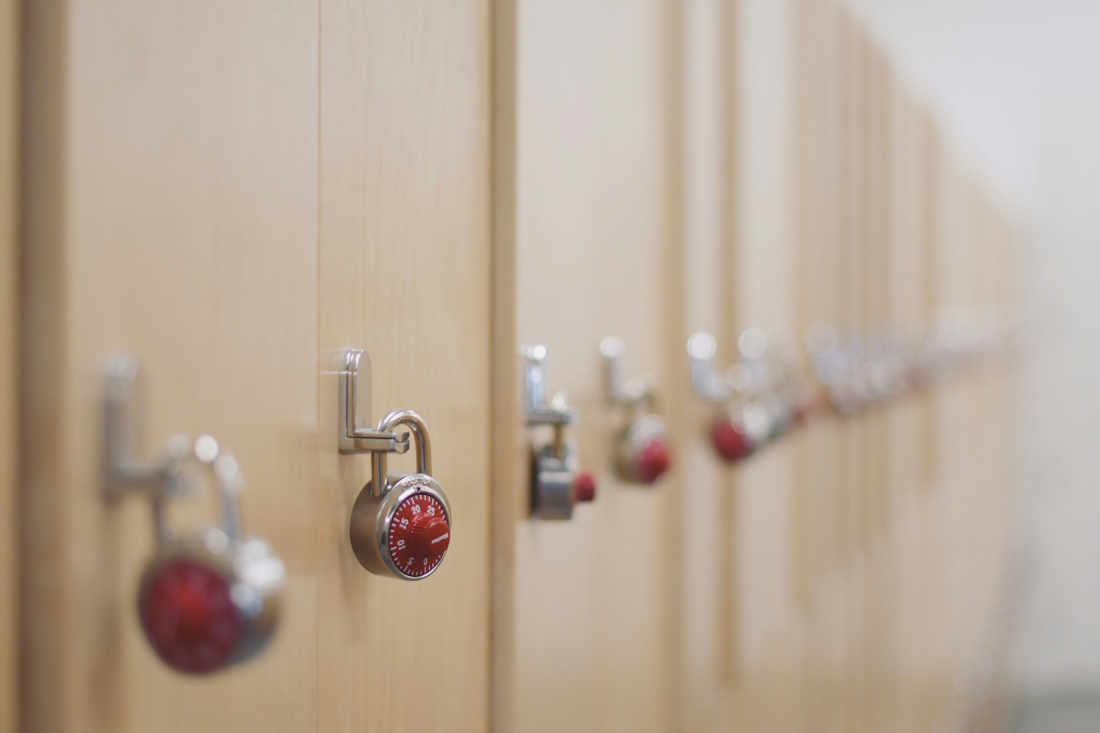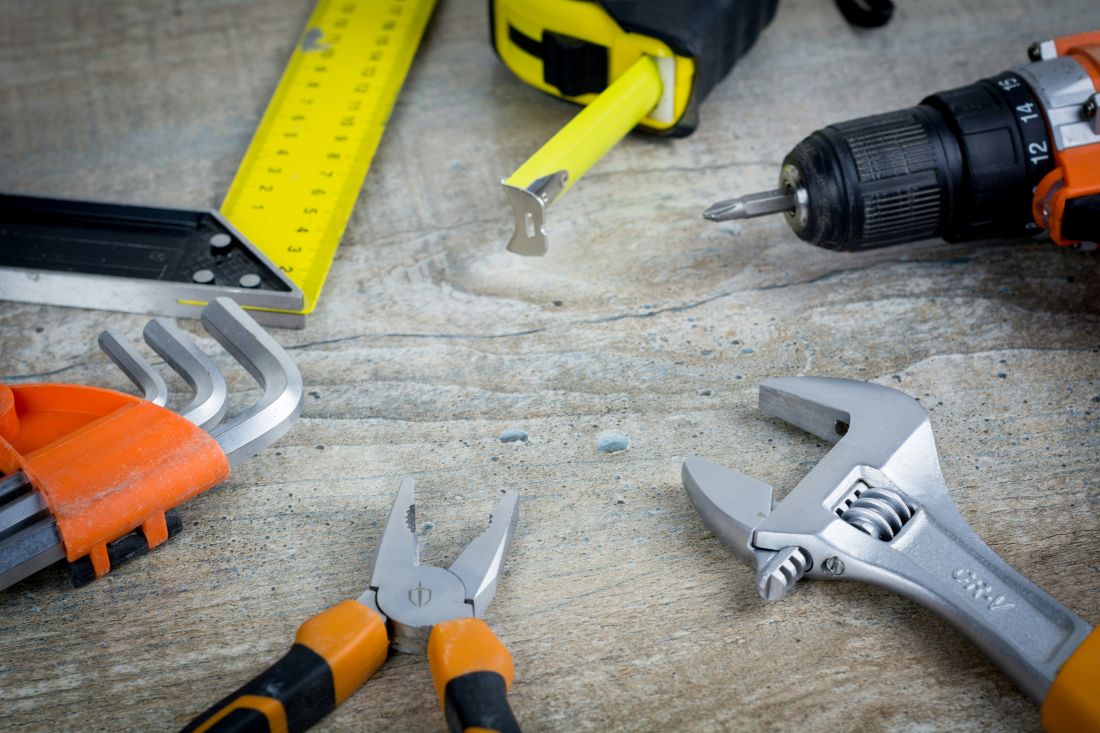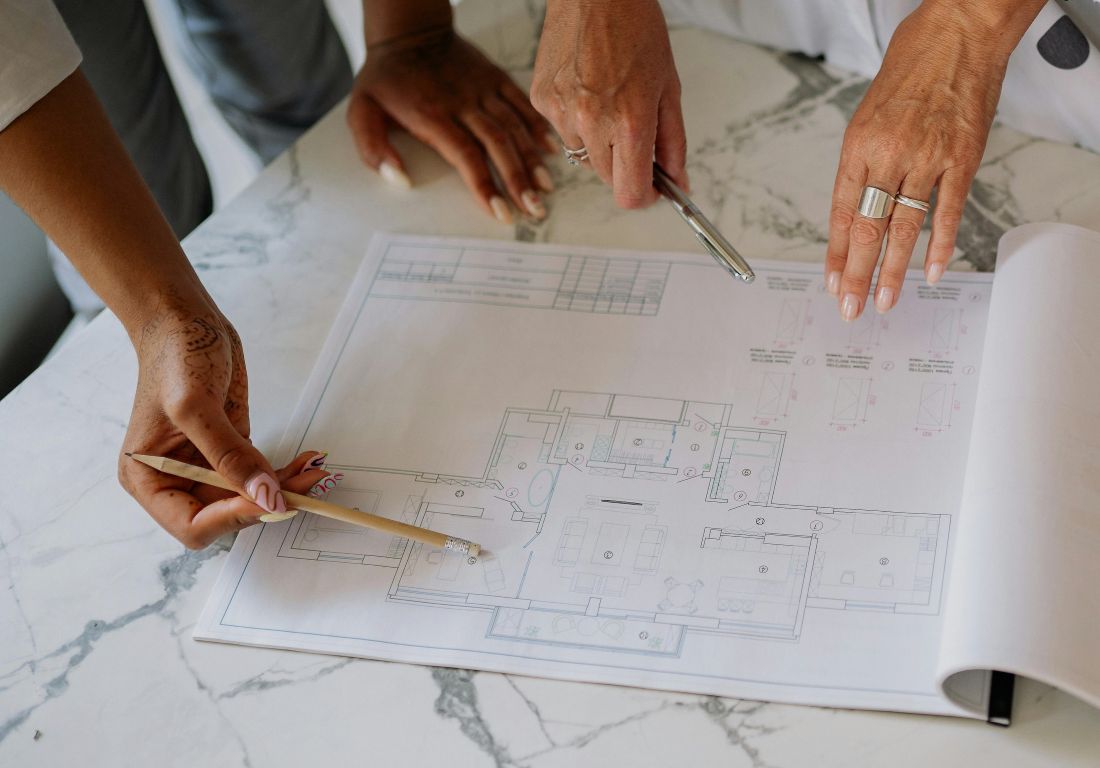Coworking spaces are environments where individuals and teams can share a workspace with people from other organisations. They offer a flexible office space solution for businesses in London and the UK looking for a collaborative atmosphere.
However, a shared space can come with security concerns. It is crucial for tenants and coworking providers to ensure both digital and physical safety to protect data and personal property.
Our article will cover why security is important and how to improve it.
Why Security Matters in Coworking Spaces
Security matters in coworking spaces for several reasons.
Firstly, employers have a duty to provide a safe workspace for all employees under the Health and Safety at Work Act 1974 in the UK. So, the safety of staff should be a priority alongside the protection of valuable equipment.
By securing this equipment, businesses can ensure they protect sensitive data. The risk of data breaches increases in a shared environment, so companies must safeguard client information and internal communications to maintain confidentiality.
Types of Security Threats in Shared Offices
Cybersecurity Risks
Coworking spaces rely on shared networks, making them more susceptible to cybersecurity threats. Without strong safeguards, hackers can exploit weaknesses in these networks and access sensitive information or disrupt operations.
As the networks are used by multiple companies, hackers can also cause data breaches, ransomware attacks or identity theft.

Physical Risks
By design, coworking spaces allow a range of people to pass through during the day. This open environment creates vulnerabilities to physical security threats such as theft, vandalism and unauthorised access.
The communal nature of shared offices can also make it challenging to track who is responsible for security breaches. This highlights the need for robust entry and visitor management systems.
Privacy Concerns
To avoid unintentional exposure, sensitive information should be handled extra carefully in a shared office. Whether it's an important document being left on a desk, or a confidential conversation being overheard, privacy can be a challenge. Companies dealing with client data or financial information should ensure that the information is protected adequately.
How to Improve Security in Shared Workspaces
Controlled Access
Strictly controlled access is crucial for any shared office space. As technology has developed, biometric systems have replaced traditional keys and keycards to prevent unauthorised access.

In addition, visitor management systems help to track visitor activity whilst allowing tenants to pre-register their guests. Features such as ID verification and digital sign-ins help to streamline the process.
Surveillance Systems
CCTV systems are vital to ensuring the physical security of coworking spaces. These systems allow workspace providers to monitor entrances, exits and common areas to deter theft and vandalism.
In case of an incident, recorded footage can be used to identify and prosecute offenders.

Cybersecurity Measures
Shared networks can expose tenants to cybersecurity threats. Secure Wi-Fi networks with password protections and encryption protocols can keep data safe.

Businesses should be encouraged to use Virtual Private Networks (VPNs) to provide additional security.
Physical Safety Features
In a shared office, physical safety goes beyond preventing unauthorised access or theft. Some of the most important safety features in a serviced office building are fire alarms and accessible emergency exits.
Well-lit areas also provide a more secure environment. Proper lighting in corridors, entrances and car parks helps to deter criminal activity and ensure tenants feel safe.
Storage options such as lockers can offer additional protection for valuables and personal belongings. These solutions allow employees to leave behind electronics such as laptops without worrying about theft or damage.

Who is Responsible for Security in a Coworking Space?
The Role of Coworking Space Providers
Coworking providers are responsible for offering secure networks, access control and surveillance. They should also implement clear policies for handling security breaches.
Security requires constant vigilance. Providers should conduct regular audits, review access logs and stay informed on the latest cybersecurity threats.
Tenants Responsibility for Equipment and Data
The tenants’ responsibility regarding security is to ensure that their equipment and data are protected. This includes encrypting sensitive information, using strong passwords and securing laptops.
Security in a coworking space is a collective responsibility. While providers should offer a safe environment, tenants should safeguard their equipment and information proactively.
As shared offices are gaining popularity, security is becoming more critical. By prioritising security in their workspace, companies can enjoy the benefits of coworking whilst minimising risks to their business.








